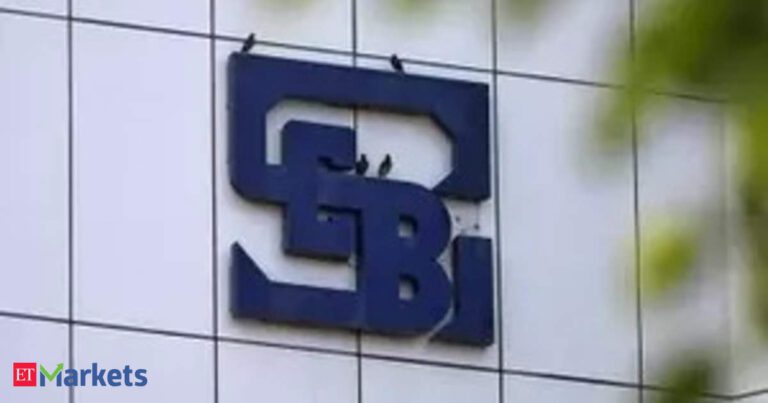The first project entrusted to the ISF concerned the development of implementation standards for rumor check which was initially scheduled to come into force from October 1, 2023. The same was postponed to June 1, 2024 for its implementation.
Following the deliberations of the ISF during this period, SEBI on Tuesday issued a circular for the implementation of this requirement. According to the amendment, listed entities are required to confirm, deny or clarify market rumorson the material price movement under Regulation 30(11) of the SEBI (Listing Obligations and Disclosure Requirements) Regulations, 2015. This requirement comes into force for the top 100 listed entities from June 1, 2024 and for the top 250 listed entities from December 1, 2024.
The ISF, in consultation with SEBI, has developed a guidance note to clarify this requirement. Some of the highlights of this note include:
1. A rumor should only be verified if it
I. is reported in mainstream media and not just on social media
ii. provides specific details about the topic/event and cites or attributes the information to reasonable sources, and should not be general in natureiii. concerns an imminent event. results in significant price movement – significant price movement framework has been released by exchanges
2. For an M&A transaction, comprehensive disclosure standards have been provided depending on the stage of the transaction and the extent of details specified in the rumor. For example, if a rumor was reported at the stage of engaging legal/financial advisors for due diligence, the company may issue a general statement such as “The company evaluates various strategic opportunities in the ordinary course, for growth and expansion of its activity. .’ If the rumor was reported at the stage of signing an exclusive and binding term sheet regarding a merger and acquisition transaction with a listed target company, a confirmation such as “This is to confirm that the company has executed a binding term sheet is required. -sheet with (name of counterparty) concerning a potential (publicly accessible transaction details). Please note that the parties are still in negotiations and no binding agreement has been reached to give effect to the potential agreement. The execution and final consummation of the potential agreement is subject to various factors, including receipt of approval from the Company’s board of directors and the execution of binding agreements between the parties and there may be no no guarantee or assurance as to the execution/consummation of any potential agreement. agreement.’
3. SEBI has also introduced a concept of unallocated pricing to be considered for M&A transactions provided that the rumor has been confirmed within 24 hours of the triggering of the significant price movement. For the first time, SEBI has developed a price protection framework to ignore any unjustified movement in stock prices. If a relevant rumor is confirmed by the listed entity within 24 hours, the corresponding effect is discounted when calculating the volume-weighted average price used in open offer pricing during transactions. This unaffected price will be applicable for a period of 60/180 days from the date of confirmation of the rumor, depending on the stage of the transaction. The move was welcomed in the industry which has been troubled by unwarranted rumor-induced price corrections, making transactions unviable for all parties involved. While requiring companies to disclose their information quickly, it also provides them with price protection.
4. Aspects not specific to M&A transactions
Scenarios like whistleblower complaintschange of key management personnel and general manager/CEO health are considered in non-M&A categories.
The guiding principles here are the same as in point #1. As an illustration, a rumor reported a whistleblower complaint filed by a listed entity alleging irregularities in its accounts. In this case, the entity must deny the rumor if no such complaint has been received. In case such a complaint has been received, neither confirmation nor clarification is required as the rumor does not provide any identifiable details such as the irregularities noted in the revenue accounting.
Overall, SEBI seeks to achieve its objective of protecting transactions from rumors, promoting transparency and reducing speculative trading. With the deep involvement of the ISF, the new guidelines for verifying market rumors bring the much-needed balance to the implementation level.

